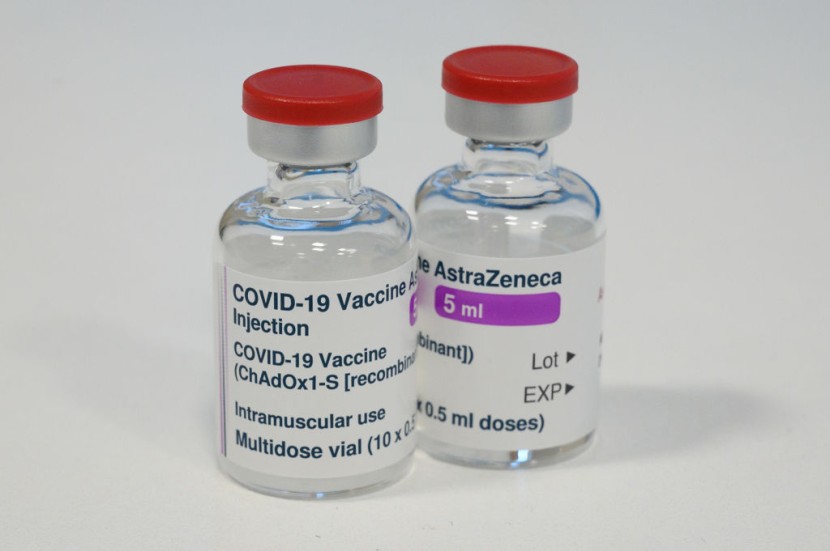
The AstraZeneca CCP virus vaccine has been announced as "safe and effective" by the European Union's drug regulator on March 18. This move follows reports of fears of blood clots or death after being administered the shot.
EU Agency Approves AstraZeneca Vaccine
According to the European Medicines Agency, in essentially clearing the vaccine for use, the Oxford-AstraZeneca shot is not linked with an increase in the overall risk of developing blood clots. It added that the benefits of the usage of the vaccine exceed its potential risks.
Resume of Usage
Almost a dozen nations resumed use of AstraZeneca's COVID-19 jabs on Friday as per the EU's recommendation. The end of suspensions will initiate a test of public confidence in the shot and in drug regulators whose conclusions are under unprecedented assessment. This is as virus variants become prevalent, and the global death toll stands now at almost 2.7 million.
Italy, France, Bulgaria, and Latvia declared they are possibly to restart AstraZeneca vaccine inoculations on Friday. Spain is reportedly projected to follow suit next week, reported Weather.
European Medicines Agency officials stated at a briefing on Thursday that they evaluated the AstraZeneca shot in recent days following several European countries' suspension of its usage. Other countries are expected to follow suit to nations resuming their usage. However, Sweden is keeping it on hold as it continues its own assessment.
The committee remains to probe into whether the vaccine may be associated with very rare cases of blood clots linked with low levels of platelets in the blood. This includes cerebral venous sinus thrombosis (CVST), which is a blood clot in a major brain vessel. The EMA stated the overall number of blood clots reported after immunization was lower than that expected in the broader population, reported New Scientist.
Possible Side Effects of COVID-19 Vaccines: What You Need to Know
The closely-monitored declaration from the EMA came after the WHO and UK's health watchdog both stated the COVID-19 vaccine was safe. It added it was far riskier to not receive the shot as many countries face a concerning rise in coronavirus cases.
On Thursday, France became the most recent country to implement more rigid COVID-19 restrictions. It announced a month-long limited lockdown for Paris and many other regions to try and stave off a third wave of cases inundating hospitals.
According to the EMA's chief Emer Cooke on Thursday, after probing into the AstraZeneca shot, the committee has arrived at the clear scientific conclusion. The EMA also concluded that the AstraZeneca vaccine is not connected to an increase in the overall risk of blood clots of thromboembolic events.
Portugal, Spain, and the Netherlands stated they would resume the vaccine use. However, Spain remarked it could exclude particular groups to diminish any danger.
Over a dozen countries across the globe had suspended the use of the vaccine over the previous week. This was due to reports of clots in a few dozen of the millions of people in Europe who have been administered the shot.
The EMA added, "However, given the rarity of the events, and the difficulty of establishing baseline incidence since COVID-19 itself is resulting in hospitalizations with thromboembolic complications, the strength of any association is uncertain," reported The Epoch Times.








